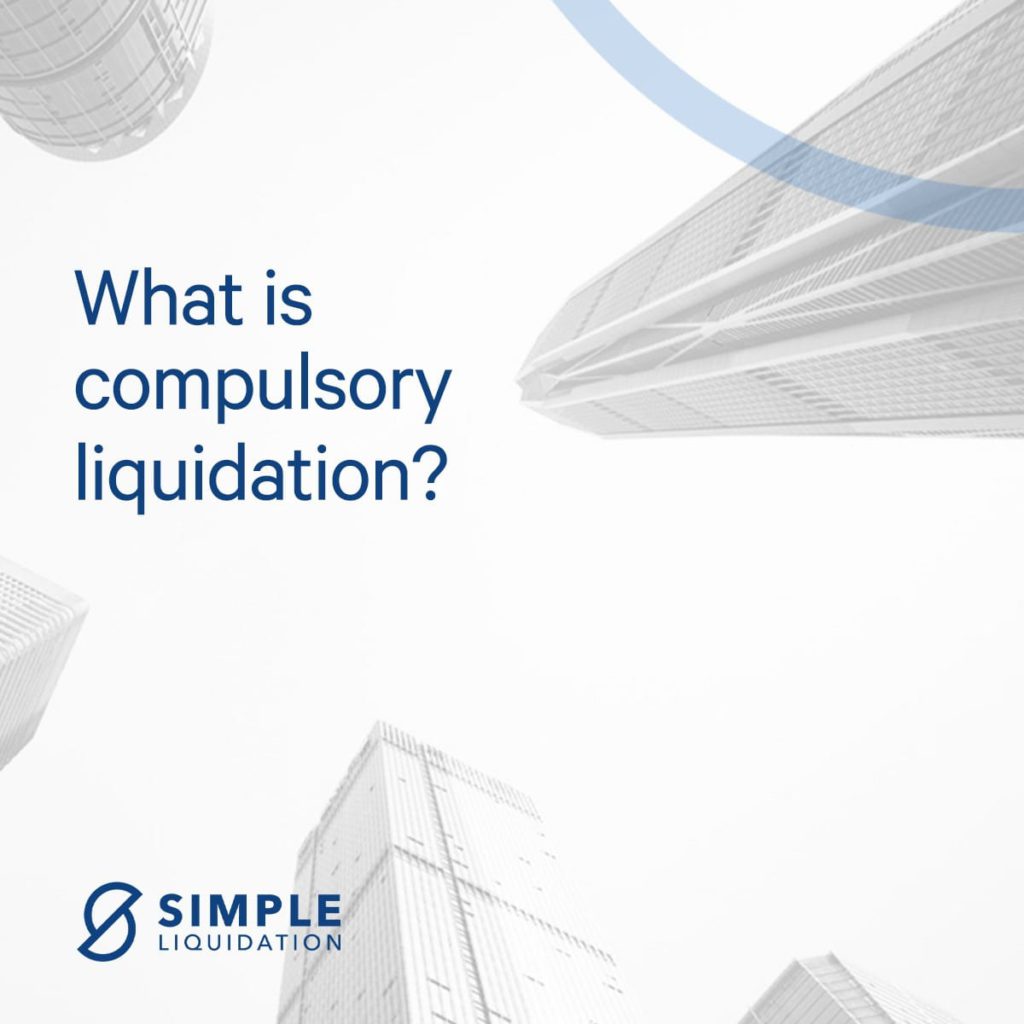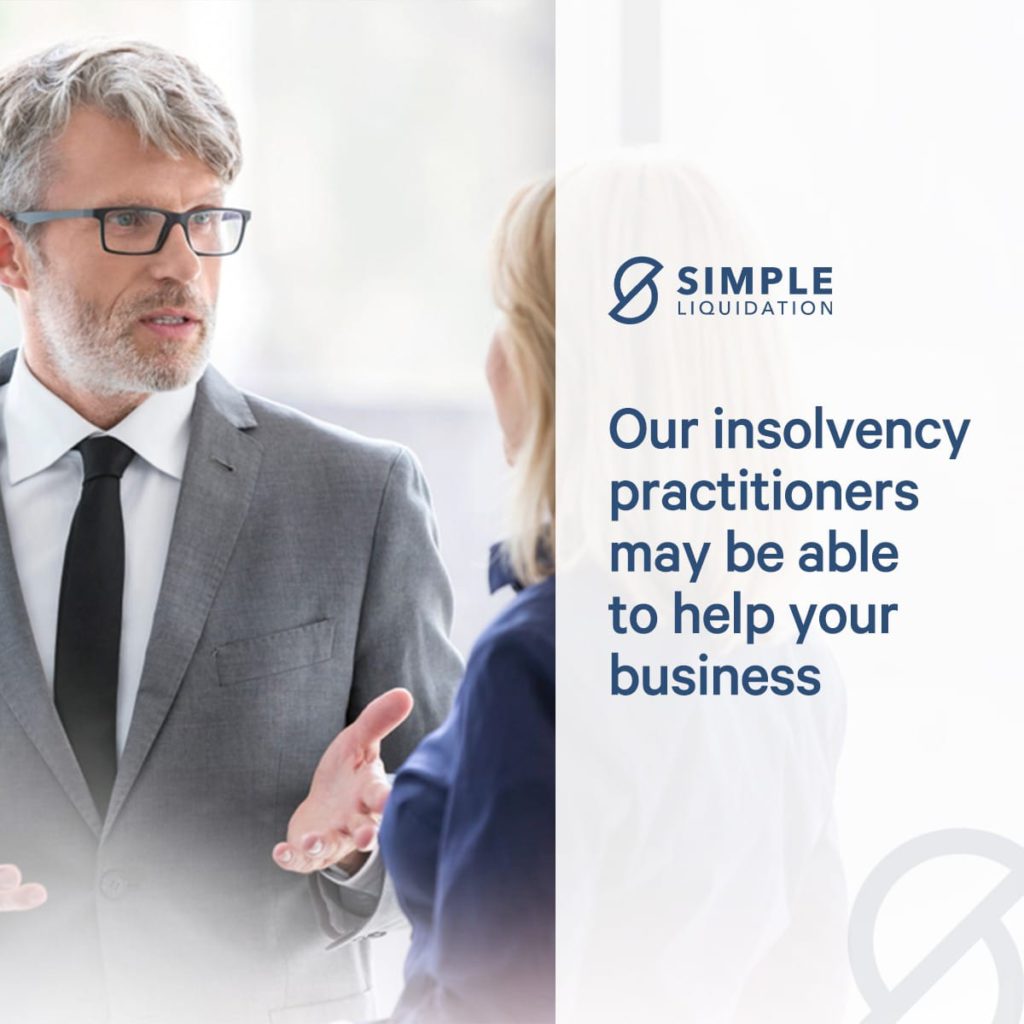Business Asset Disposal Relief on Liquidation in the United Kingdom
What was formerly known as Entrepreneurs Relief is now known as Business Asset Disposal Relief (BADR). It is a tax relief benefit that can reduce the Capital Gains Tax (CGT) that is paid on the sale of the assets of a solvent company that is either being liquidated or sold. When a solvent company is …
Business Asset Disposal Relief on Liquidation in the United Kingdom Read More »













